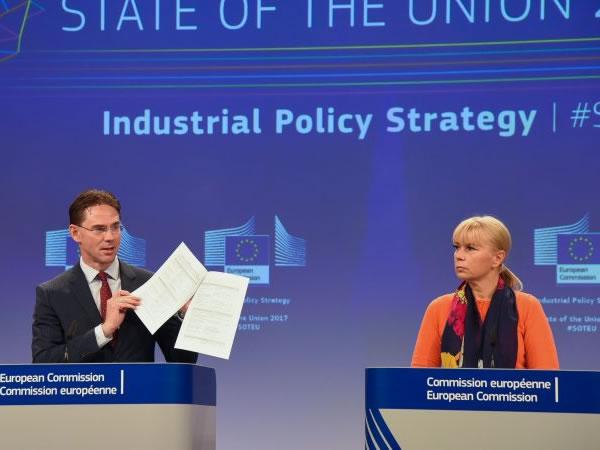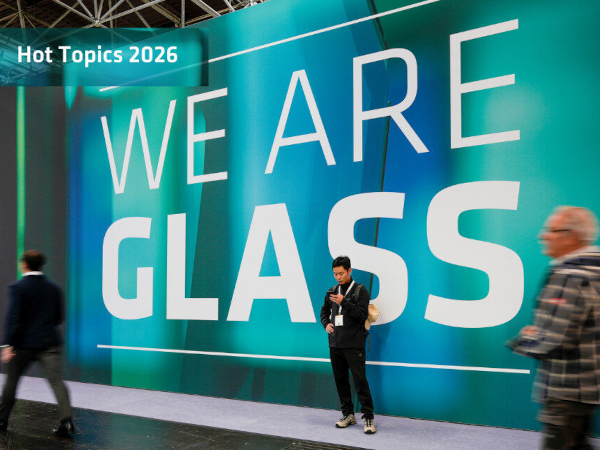![Critics said the EU's industrial strategy didn't go far enough. [European Commission] Critics said the EU's industrial strategy didn't go far enough. [European Commission]](/sites/default/files/styles/6/public/news/2018/Europian%20.jpg?itok=XdI5jtPR)
Date: 23 February 2018
Malte Lohan is Director General of Orgalime – the European Engineering Industries Association.
Set to take place on 22 and 23 February, the European Commission’s second annual EU Industry Day is sparking debate in Brussels on the future of manufacturing in Europe. What will this future hold?
And how can policymakers help industry make it a success? To answer the first question, you need only look at the innovations emerging from pioneering European technology companies – innovations that are boosting the EU’s global competitiveness while addressing societal challenges across sectors as diverse as energy, transport or healthcare. The future clearly has the potential to be very bright indeed.
But success will depend on getting the right answer to the second question: when it comes to policy, the EU urgently needs more ambition. We need a forward-looking industrial strategy, one that can connect the dots between policy areas to create an environment that will make Europe the number one destination for innovative manufacturing investment.
We are at a pivotal moment in EU industrial policy. In response to growing calls for more ambitious action, the Commission released a Communication last September on a “renewed EU industrial policy strategy”. While this was a welcome first step, many in industry and at Member-State level do not feel it went far enough.
On the positive side, it acknowledged that companies’ investment decisions are shaped by developments in many arenas. To enable industry to deliver on its potential for Europe’s economy and society, therefore, the goal must be to mainstream industrial competitiveness across all policy fields.
Where the Commission’s strategy has so far fallen short, however, is on a long-term vision for the way forward. The Communication reads more like a stock-taking exercise of measures already in place, when what is needed is a strategic plan for concrete, coordinated action towards 2030 and beyond.
Read more here.
 600450
600450








Add new comment